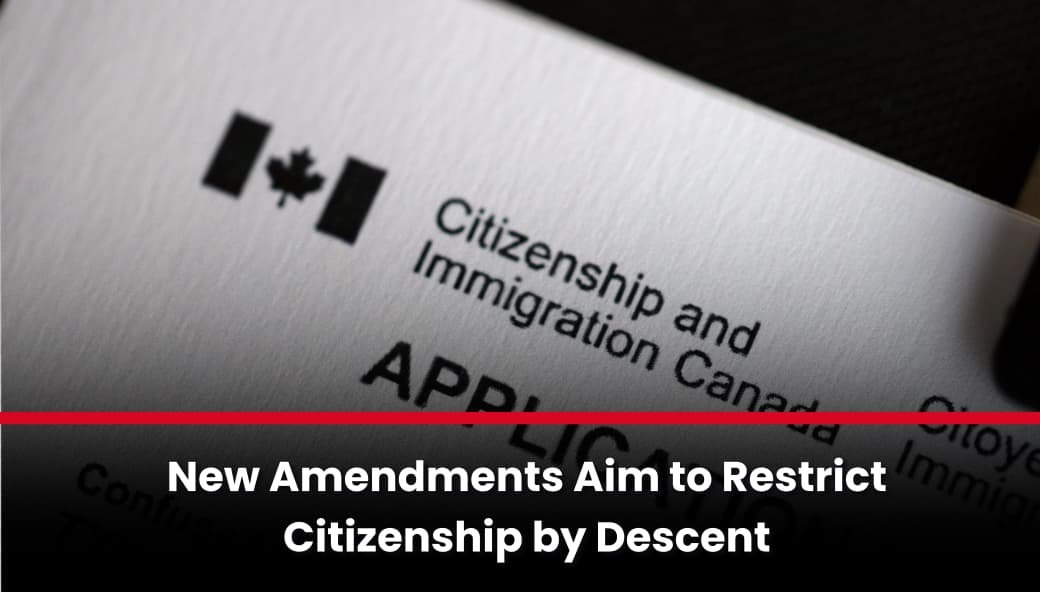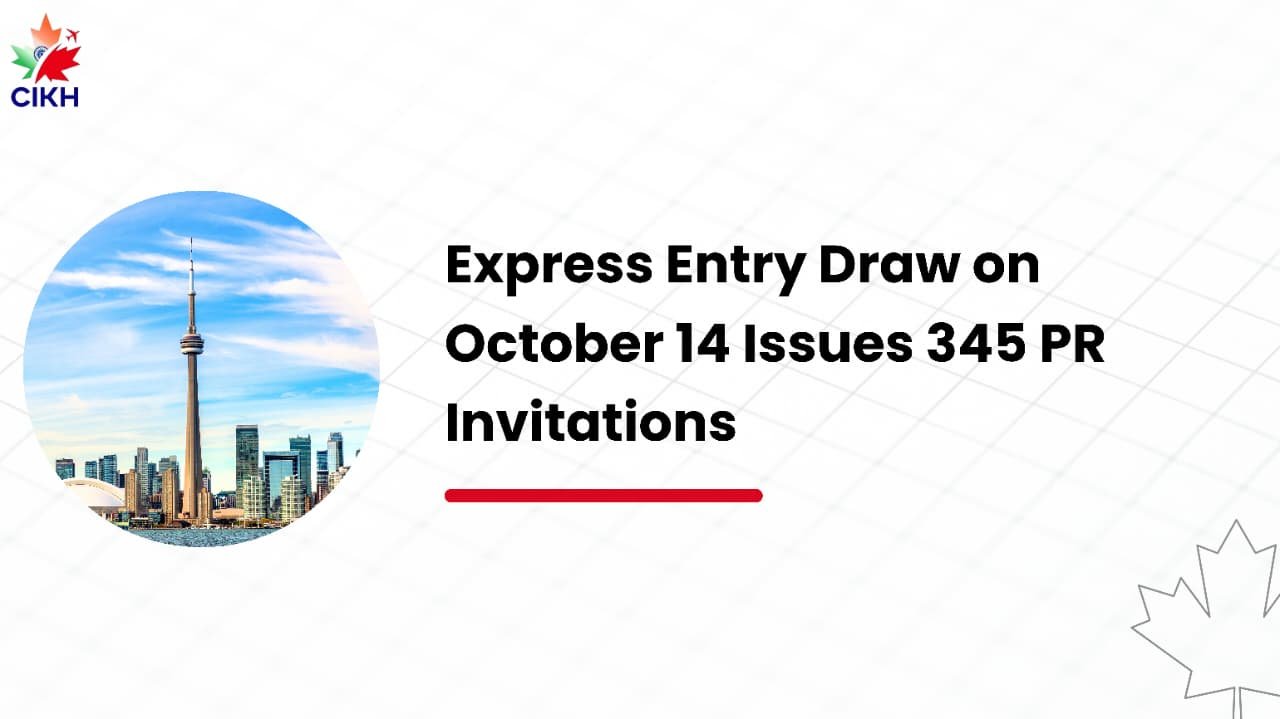In the dynamic world of immigration applications, one topic has sparked considerable debate and raised growing concerns: the use of cash salaries as proof of work experience.
For years, cash payments have been widely accepted as evidence of legitimate employment, especially in areas where cash transactions remain common. However, with stricter regulations now in place under Immigration, Refugees and Citizenship Canada (IRCC) guidelines, the scrutiny surrounding cash-based wages has intensified.
Book Your Consultation for Canadian Immigration
IRCC is increasingly focused on cracking down on fraudulent work experience claims, and reference letters mentioning cash salaries are now under greater scrutiny.
This article explores the challenges of using cash salaries for immigration purposes, offering valuable insights, practical advice, and expert tips to ensure your application meets IRCC’s stringent standards in 2025.
The History of Cash Salaries in Immigration Applications
Cash salaries have long been a norm in various industries, particularly within small businesses, informal sectors, and regions with limited access to digital banking.
From family-owned restaurants to freelance jobs, many workers receive wages in cash, often accompanied by reference letters from employers to verify their work history. Historically, immigration systems, including Canada’s, have accepted these letters as valid proof of employment, provided they meet certain criteria, such as job duties, employment duration, and salary information.
The absence of explicit laws prohibiting cash-based payments further validated their legitimacy. For many applicants, this flexibility allowed them to prove their work experience even without formal payroll records.
However, as immigration processes become more digitized and fraud detection becomes increasingly sophisticated, attitudes are shifting.
With the IRCC’s updated guidelines, the focus has moved to tighter scrutiny of cash salaries, raising questions about their reliability and authenticity.
Increased IRCC Scrutiny of Cash-Based Employment
The IRCC has significantly ramped up its scrutiny of cash jobs, marking a substantial shift in how immigration applications are reviewed. This change is aimed at combating fraud and ensuring greater transparency in the process. The updated guidelines now prioritize verifiable documentation and strong evidence.
The primary concern is identifying “fake” work experience cases, where applicants submit reference letters that falsely claim employment or exaggerate job responsibilities to meet the criteria for programs such as Express Entry or Provincial Nominee Programs (PNPs).
Cash salaries, while not explicitly prohibited, have become a target for scrutiny due to their vulnerability to manipulation. Unlike bank records, pay stubs, or tax filings, cash payments are harder to verify, creating a potential loophole for fraudulent claims.
Immigration officers are now trained to spot discrepancies in applications. Reference letters that mention cash payments, without corroborating evidence, are increasingly likely to trigger a Procedural Fairness Letter (PFL), a formal request for additional documentation or clarification. Failure to respond adequately to a PFL can delay or even jeopardize an application.
Why Cash Salaries Are Raising Concerns
The main issue with cash salaries is their lack of traceability.
In an era where most financial transactions are digitally recorded through bank transfers, electronic pay stubs, and tax filings, cash payments leave little to no paper trail. This makes it easier for dishonest applicants to fabricate work experience by obtaining reference letters from complicit employers or even fake companies.
Such practices undermine the integrity of the immigration system, prompting the IRCC to implement stricter verification protocols.
For legitimate applicants who have genuinely received cash salaries, the intensified scrutiny may feel unfair. Many workers, especially in developing countries or informal sectors, rely on cash payments due to limited access to banking services or cultural norms.
However, the burden of proof now falls on applicants to demonstrate the authenticity of their cash-based employment. Failing to provide adequate evidence can lead to accusations of misrepresentation, which carries severe consequences, including application refusal and potential bans from reapplying.
How to Prove Cash-Based Work Experience
If you’ve been paid in cash and are preparing an immigration application, don’t panic, but don’t take this lightly either. With the right approach, you can still make a strong case for your work experience.
Here’s how to ensure your cash salary claims hold up under IRCC’s scrutiny:
1. Supplement with Secondary Documentation
Reference letters alone are no longer enough. Back up your claims with additional proof, such as:
- Tax Records: If you’ve paid taxes on your cash earnings, provide your tax returns or assessment notices.
- Bank Statements: If you deposited your earnings into a bank account, submit statements showing regular deposits that match your employment period.
- Affidavits from Colleagues or Supervisors: Sworn statements from coworkers or managers can corroborate your employment history.
- Employment Contracts or Letters: Provide written agreements that outline your job duties, salary, and the duration of employment.
2. Ensure Detailed, Verifiable Reference Letters
Your reference letter should include:
- Job title and responsibilities.
- Employment start and end dates.
- Salary amount and payment method (e.g., cash).
- Contact details for verification, including the employer’s phone number and email.
The letter should be on official company letterhead and signed by an authorized representative.
3. Explain Cash Payments in Context
If cash payments are common in your industry or region, briefly explain this in your application. For example, note that small businesses in your area often pay in cash due to limited banking infrastructure.
4. Maintain Consistency Across Documents
Ensure all documents reference letters, tax records and affidavits align in terms of dates, job duties, and salary amounts. Inconsistencies could raise red flags and lead to a PFL or even refusal.
5. Consult an Immigration Professional
An experienced immigration consultant or lawyer can help you identify potential issues and guide you in preparing a comprehensive, well-documented application.
The Consequences of Getting It Wrong
If you fail to substantiate your cash salary claims, it can have serious consequences. If IRCC suspects misrepresentation, you may receive a Procedural Fairness Letter, which gives you an opportunity to clarify your case. However, if your response is inadequate, your application could be denied.
In severe cases, misrepresentation could lead to a five-year ban from applying for Canadian immigration, ruining your chances and potentially tarnishing your immigration record.
The financial and emotional toll of a refused application can also be significant. The time, money, and effort invested in your application—along with the stress of navigating a PFL can be overwhelming.
Don’t Let Cash Salaries Derail Your Canadian Dream
Using cash salaries as proof of work experience is still possible in 2025, but it requires extra care and solid documentation. With IRCC raising its standards for verification, applicants must go the extra mile to ensure the legitimacy of their employment history.
By supplementing reference letters with secondary evidence, ensuring document consistency, and seeking professional help when necessary, you can navigate the immigration process with confidence.
Remember, compliance is crucial. A single misstep could derail your dreams of immigrating to Canada.





